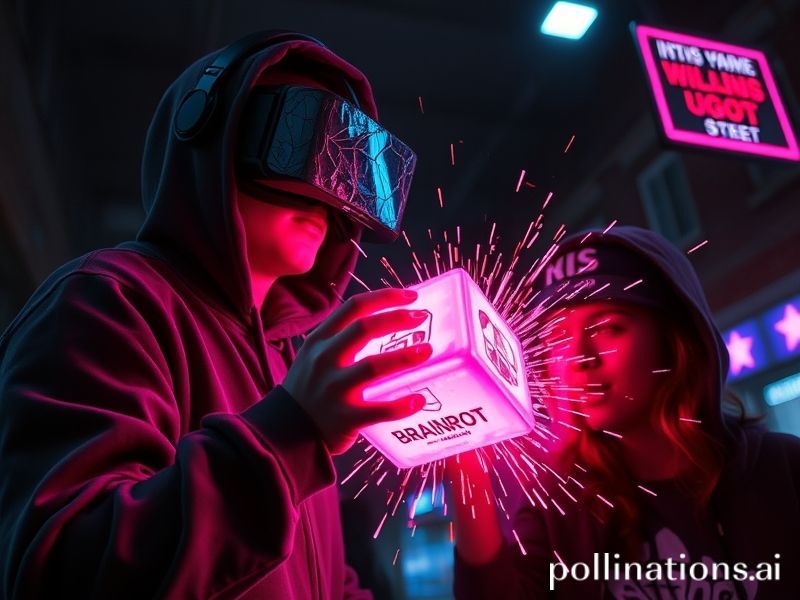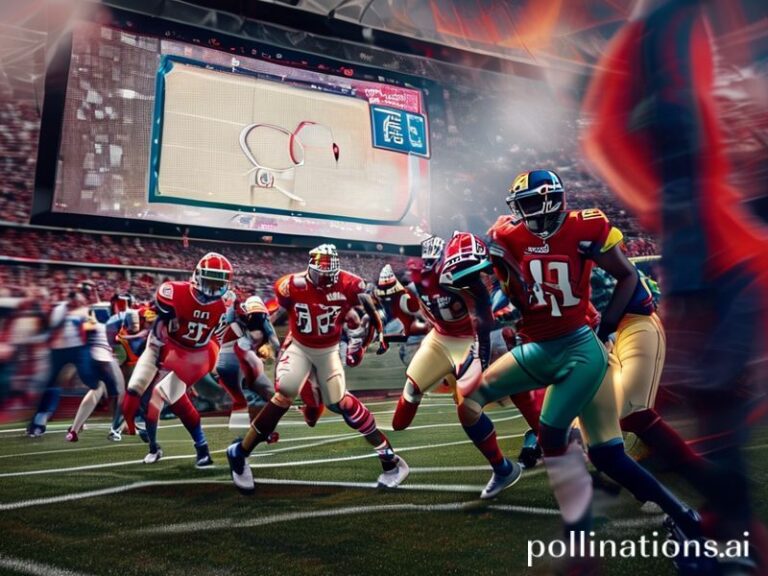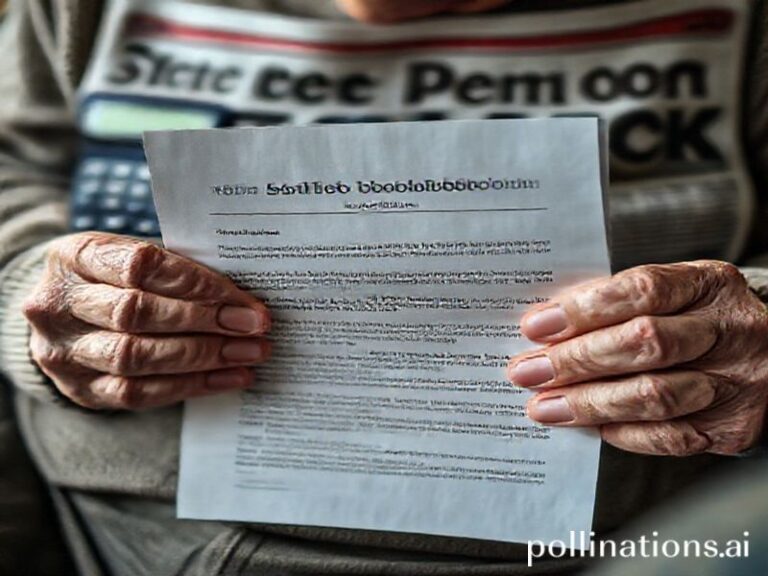steal a brainrot roblox
Seoul, South Korea – At 3:14 a.m. local time, when most of this megacity’s 9.7 million residents were asleep, a 14-year-old coder in Gangnam discovered that a Roblox experience titled “Steal a Brainrot” had been quietly translated into Korean, Arabic, Spanish and Tagalog. Within four hours, the game’s concurrent player count leapt from 12,000 to 1.2 million, according to the platform’s own metrics dashboard. Suddenly, a meme that began as English-language internet nonsense was behaving like a border-hopping virus, raising urgent questions about who owns digital culture—and who gets to police it.
“Brainrot” began life on Anglo-TikTok as shorthand for the cognitive sludge of endless scrolling. But when Brazilian developer “Lix0x” stitched the phrase into a Roblox obby (an obstacle-course game) last month, the term mutated. Players now literally “steal” a glowing, emoji-shaped brain from a museum vault, parkour across neon rooftops, then upload it to a decentralized server represented by an in-game blockchain terminal. The twist: every successful theft triggers a real-time donation—micro-payments routed through Stripe, PayPal and China’s UnionPay—to a rotating pool of mental-health NGOs chosen by player vote. The more chaotic the heist, the larger the donation multiplier.
Global regulators took notice almost immediately. The European Commission’s Digital Services Act enforcement team opened a preliminary probe into whether the game’s loot-box style “Brain Keys” constitute unlicensed gambling. Meanwhile, Indonesia’s Ministry of Communication and Information Technology threatened a nationwide Roblox ban unless the game geofenced “Steal a Brainrot,” arguing that its frenetic visuals violate local epilepsy guidelines. India’s IT Rules, 2021, were invoked by parents in Mumbai who claim the experience promotes “digital dacoity”—a colonial-era legal term for banditry repurposed for the 5G age.
Yet the phenomenon is also becoming a soft-power conduit. Saudi Arabia’s Public Investment Fund, flush with Vision 2030 cash, flew Lix0x to Riyadh for a closed-door summit on gamified philanthropy. Sources inside the kingdom’s Savvy Games Group tell Dave’s Locker that officials see “Steal a Brainrot” as a pilot for a state-sponsored Arabic esports league where charitable micro-transactions could replace traditional sponsorship logos on team jerseys. Across the Red Sea, Kenya’s iHub in Nairobi is hosting weekend hackathons to port the donation mechanic into M-Pesa, potentially turning every Kenyan smartphone into a tiny, hyper-localized fundraising console.
Academics are scrambling to keep up. Dr. Priya Narayanan at the University of Singapore’s Centre for Technology, Robotics, AI & the Law (CTRAIL) calls the game “a petri dish for post-national digital sovereignty.” She points to last Friday’s incident when a coordinated squad of German players used a VPN to enter Chinese servers, circumventing Beijing’s mandated 90-minute daily play limit. The heist spree triggered a 0.3 % dip in Tencent’s share price—small numerically, but symbolic enough to spark a Weibo trending hashtag that translates roughly to “foreign brain thieves.”
The geopolitical stakes rose further when Ukraine’s Ministry of Digital Transformation tweeted a plug for the game, tagging Elon Musk and asking if Starlink could prioritize Roblox traffic in frontline towns so that “every stolen brain equals one medical drone.” Musk replied with a winking emoji; within minutes, the in-game “Ukraine” skin—blue-and-yellow neurons wrapped around a trident—became the top-selling cosmetic. Roblox Corporation, headquartered in San Mateo, California, finds itself managing a 24-hour content-moderation war room staffed by native speakers of 17 languages, a logistical feat akin to the U.N.’s simultaneous interpretation booths.
Still, the most profound shift may be cultural. In Lagos, Afrobeat star Tems sampled the game’s chiptune soundtrack for a new single, “Synapse Fire,” dropping tonight on Spotify. In Tokyo, Shibuya billboards now flash QR codes that teleport pedestrians directly into “Steal a Brainrot” via Roblox’s mobile app, blurring the line between urban space and game lobby. And in Mexico City, street artists are spray-painting pixelated brains onto metro trains, tagging them with wallet addresses so commuters can send crypto micro-donations by scanning with their phones.
As the sun rises over Seoul and the next wave of players logs in from São Paulo to Stockholm, one thing is clear: “Steal a Brainrot” is no longer just a Roblox game. It is a distributed social experiment testing whether the internet’s most ephemeral slang can be converted into borderless, real-world impact—without setting the world on fire. The final scoreboard has yet to load, but the match is already being refereed by regulators, philanthropists, hackers and teenagers in equal measure. Whatever emerges will set precedents for how digital culture is monetized, moderated and moralized across every time zone on Earth.







